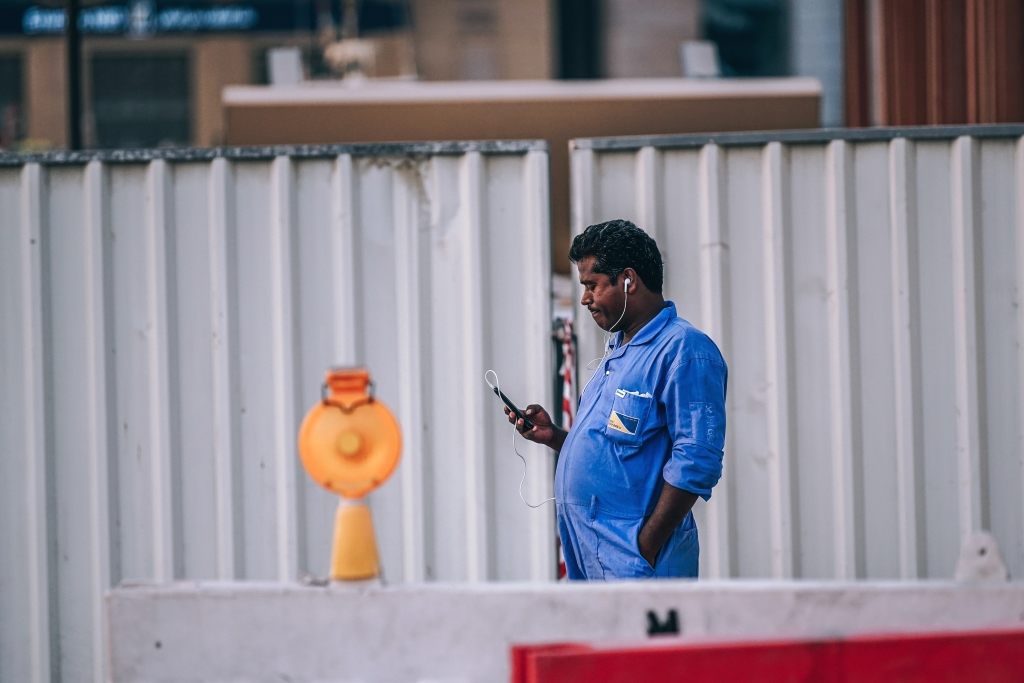A large part of life for many migrant workers in the UAE is sending money home. Most are here because they can earn substantially more than they can in their native countries, coupled with this is the fact that a lot of expatriates are supporting families at home.
Sending funds from one country to another might seem simple in these days of online transfers however, many workers in the UAE are paid on prepaid payroll cards, which they can only use to withdraw cash from an ATM, and their wages are lower than the AED 5000 required by banks to access even a basic account.
If you don’t have access to online banking, or any banking at all, the only option left is cash transfers. This is something NOW Money is solving by allowing low-income workers to access the same advantageous transfer rates as those in the banking system via a payments app. For now however, cash remains king for this section of the population.
An expatriate sending money home needs to consider these main three factors:
- Which is the fastest way to send money?
- Which exchange house has the best exchange rates?
- What, if any, are the “hidden fees”?
Obviously, working out all of the above and choosing where to make your transfer takes time and resources. A worker who only has one day off a week will almost certainly not have the time to research the best options every month which potentially leaves them worse off.
Cash transfers fall into three main areas; Cash to cash, cash to bank and cash to card. All of these require an exchange house to carry out the transaction. Users can either use a standard exchange house Al Ansari Exchange or UAE Exchange or an express exchange house such as Western Union.
Standard exchange houses are generally cheaper in terms of transaction fees than express ones but the downside is they are slower in sending funds across borders. Express houses can have the money sent over in a matter of minutes but inevitably, the fees are higher for this service.
Exchange rates marginally differ from one exchange house to another however, although there may not be huge differences, over time migrant workers can save a chunk of their income if they find and transfer their money from the right exchange houses at the right time.
It may be a little difficult to compare rates across these houses, as rates change constantly, on average more than 5 times a day, so pinpointing the optimum time to make the transfer is complex. Technology is changing this and there are websites that compare rates at different exchange houses. Get4x.com for example give up to the minute rates across the different exchange houses and the best location to use.
Surprisingly, exchange rates differ depending on the location of the exchange house’s branch. On average, rates are more competitive in Sharjah for example than in the malls of Dubai however they may not be as accessible.
Another consideration for those making the transfers are the charges or the “hidden fees”. Many exchange houses across the UAE are known for implementing indirect costs which the consumer is not always aware off, essentially withholding some of the money at the time of pickup at their foreign branches.
Sending money home to loved ones comes with many headaches at present for low-income workers. NOW Money plans to change this by giving those previously excluded from the banking sector access to online accounts and payments facilities. The service will provide the best exchange rates available with the in-app marketplace, and it will also give an update on when the money is due to arrive back home. The best part of all is that the transfers can all be done with a few clicks on a screen in an internet connection. NOW Money aims to help people receive the same access to services that those in higher income roles take for granted. It’s time to stop financial apartheid and allow everyone the choice to bank online.
by Vivek Harjani







